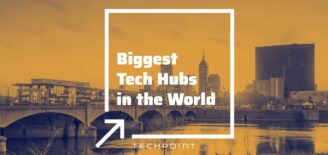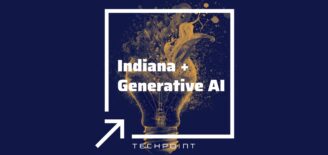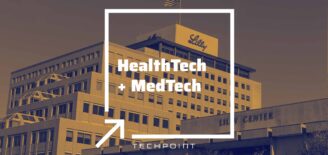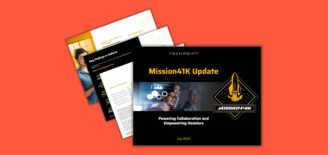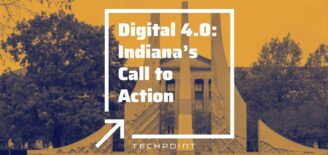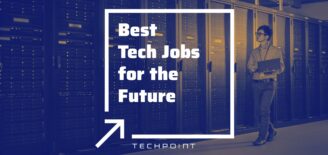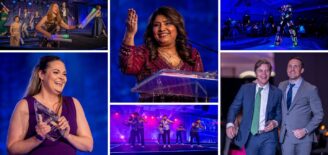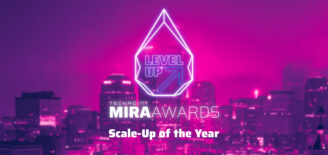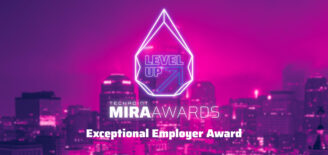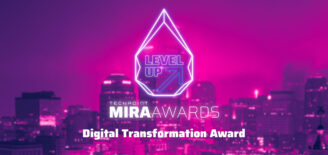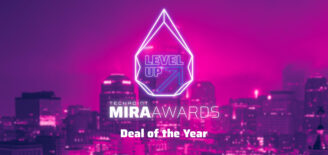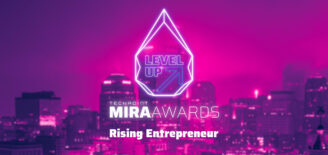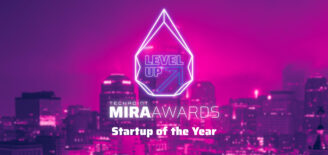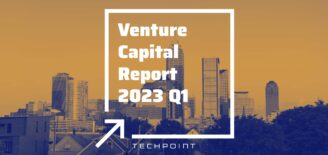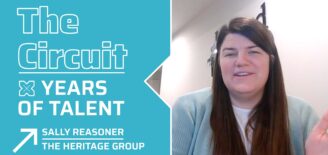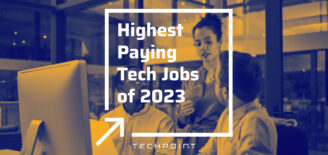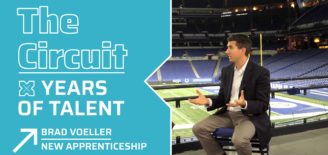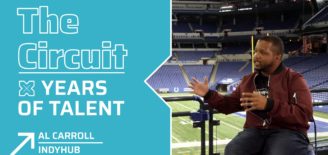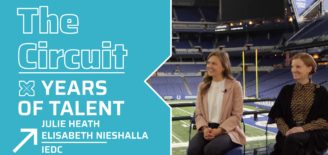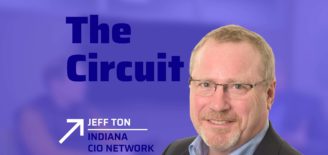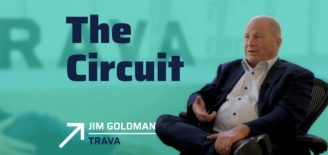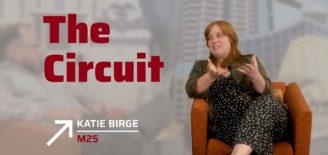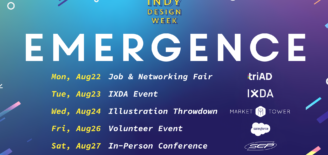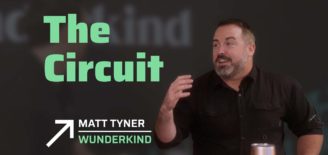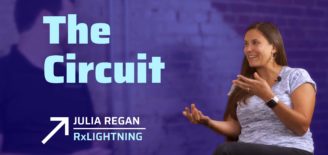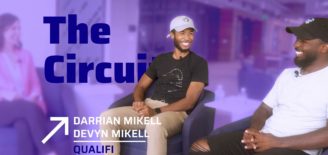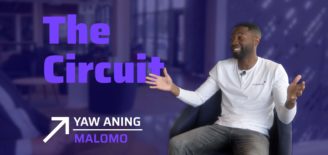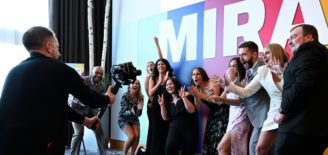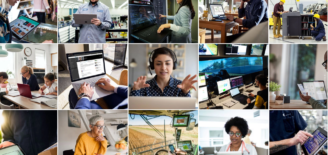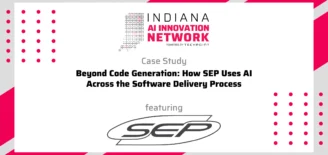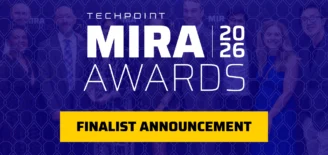Is Indianapolis ready for a BSD user group?
In 1969, an important milestone was reached in the history of Computer Science — the birth of the UNIX operating system. Ken Thompson and Dennis Ritchie brought this operating system to life on a PDP-11/20 and wrote it in such a way that it could be easily moved to newer computers as they were developed and became available.
This portability was critical in making it the most prolific and successful computer operating system that the world has ever seen. Nearly 22 years later, a graduate student in Helsinki, Linus Torvolds, would build his own operating system kernel from scratch (Linux) based on how UNIX works.
In 1978, a version of UNIX was released by the University of California Berkeley by Chuck Haley and Bill Joy called simply 1BSD (where BSD stood for Berkley Software Distribution). This version of UNIX was licensed under a very permissive model that allows users to release commercial software and has no requirements to the license holder other than that they give credit to BSD somewhere in their product or documentation.
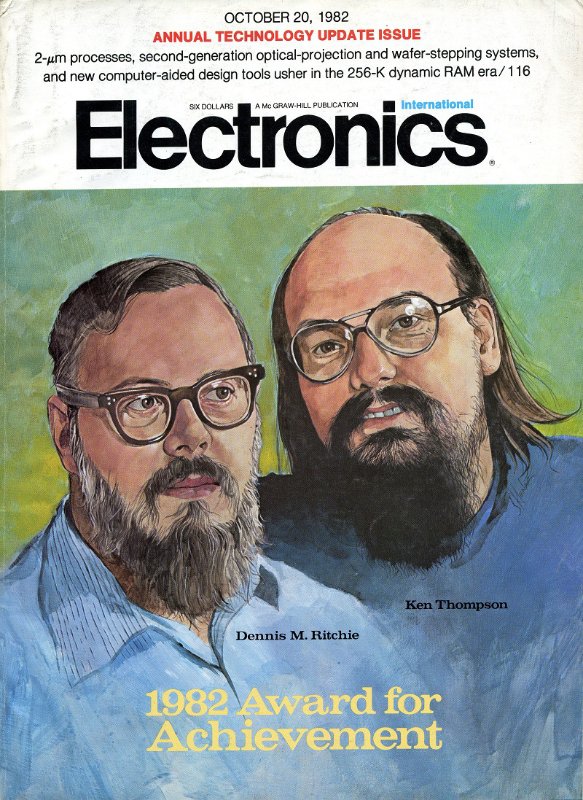
As such, this UNIX has become very popular in computer appliances such as routers, firewalls and storage (SAN) appliances. The macOS, iOS and watchOS operating system family from Apple is actually a BSD style UNIX.
Today, besides the Apple products, four main “flavors” of BSD are alive and well. FreeBSD is the most popular and is used primarily in server environments. In fact, the entire Netflix infrastructure is built on top of FreeBSD servers.
The second most popular flavor is OpenBSD which is designed as an operating system with computer security first and foremost in its goals.
Other BSD operating systems include NetBSD (an operating system designed to be so portable among different computers that people jokingly say you can run NetBSD on a toaster) and Dragonfly BSD (an operating system designed for extremely large numbers of processors in a clustered environment).
The fascinating culmination of all of this history is that, in the majority of user computing that is taking place today (mobile computing platforms like Android and iOS), we are all running a flavor of UNIX, either BSD (iOS and its cousins) or Linux (Android devices). All from a small software project that started nearly 50 years ago.
NextGear Capital would like to host a BSD user group if there is interest from the Indy tech community. If you would like to attend a monthly user group to meet likeminded BSD users, hear from experts in the field, and learn more about Indy tech, please complete this form with your contact information. Bryan Everly will be in touch with more information once interest is generated.

